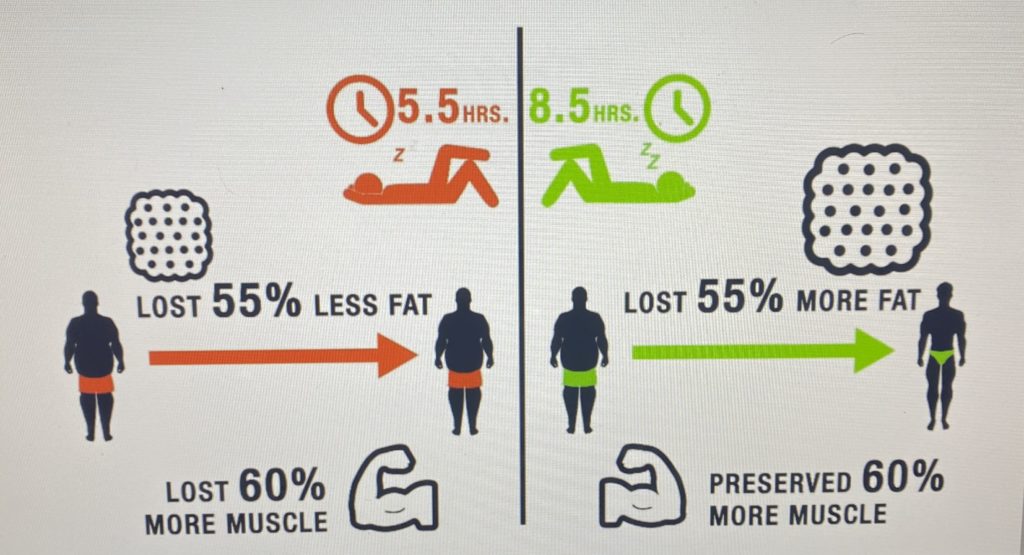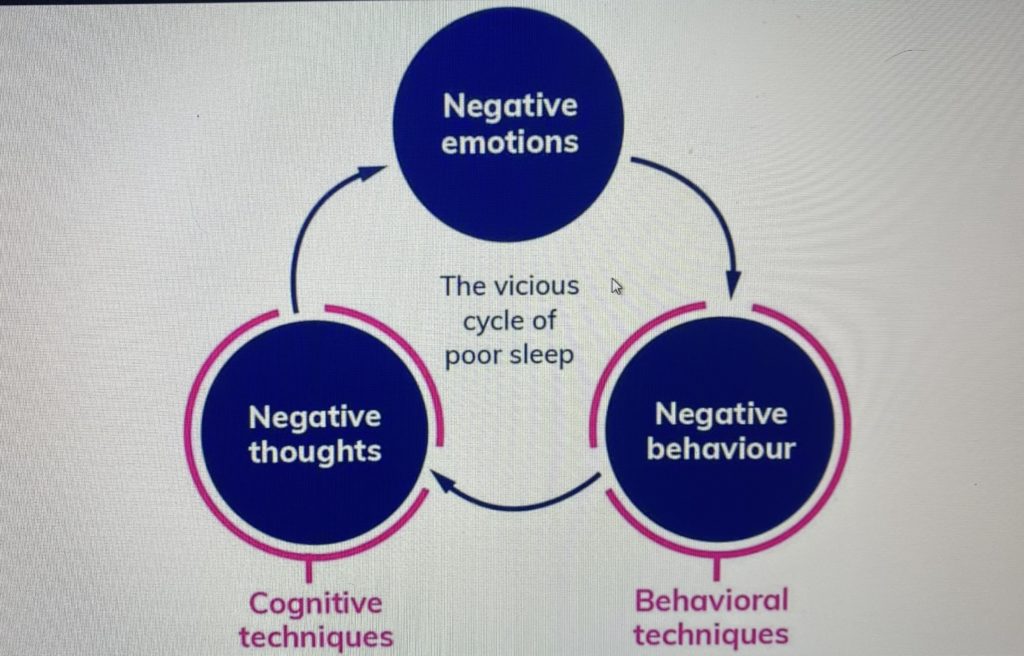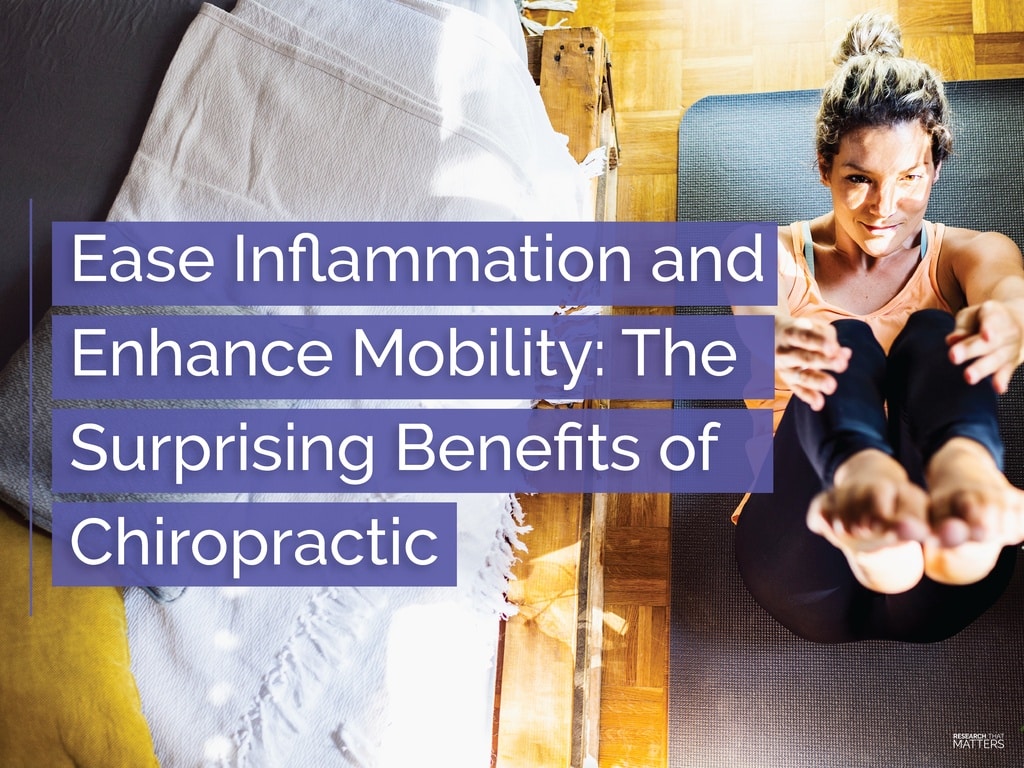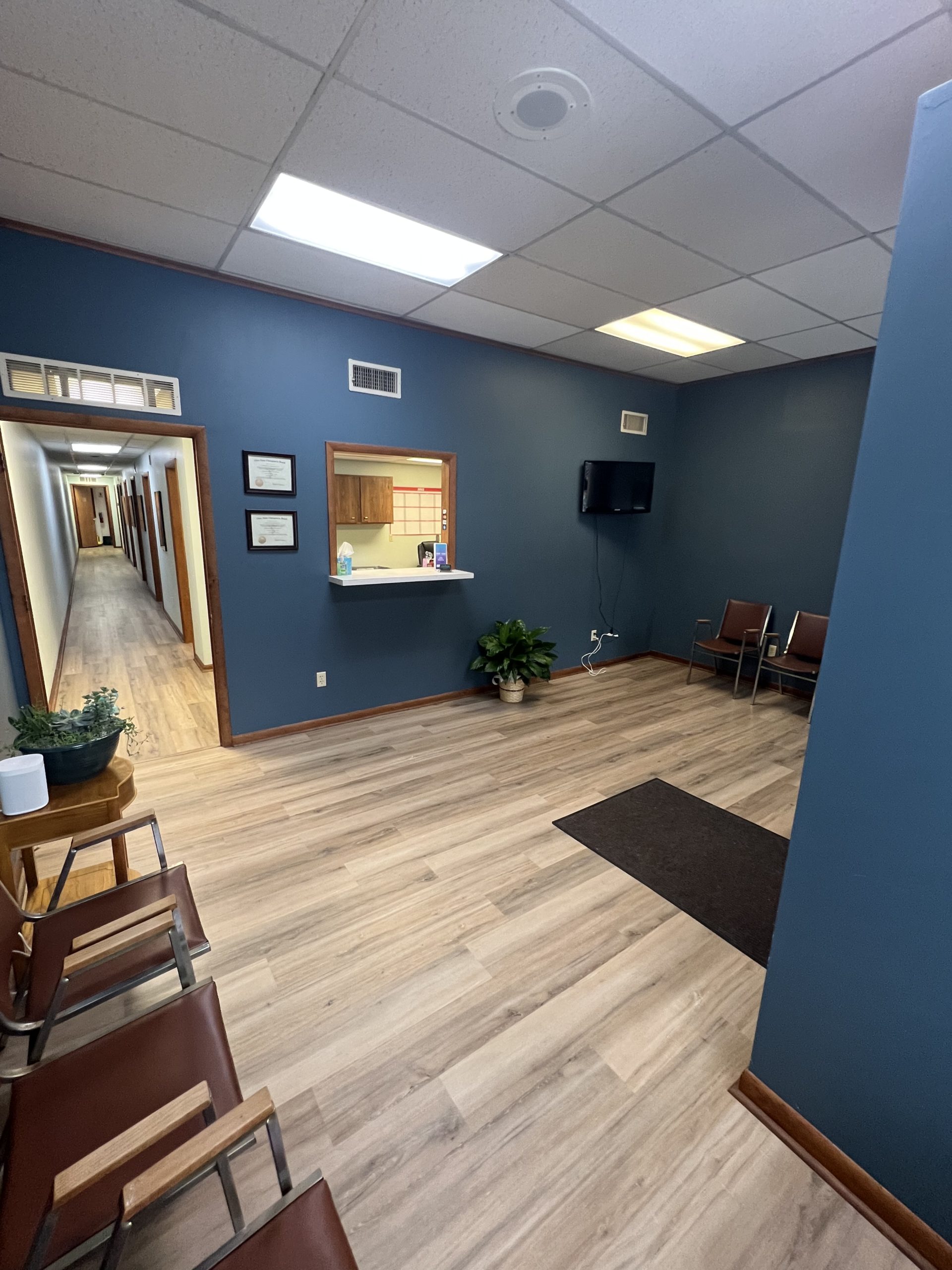While there are many topics we can discuss and argue, there is one that I think everybody can agree upon: Sleep is AMAZING. I mean, who does not like to sleep? Now before you close your eyes reading this article, let us take a deeper dive into why sleep is so important and how you can become a more efficient sleeper to maximize its health benefits.
Sleep has a long list of benefits to your overall health. Some of the more commonly known benefits include:
1. Boosting the Immune System
2. Increasing Day to Day Productivity
3. Improving Memory
4. More Sleep = Better Mood
Some of the less known benefits of sleep (and 3 of our favorites here at FHP):
- More sleep can help prevent weight gain.
A study was performed in 2011 where 2 groups of individuals were followed over a 72 hour period. The study showed that the group which slept for 8.5 hours or more at night lost 55% more fat and preserved 60% more muscle, compared to the group that only slept for 5.5 hours at night. Interesting right? The link to the research article is posted below.
https://pubmed.ncbi.nlm.nih.gov/21550729/

- More sleep can help increase exercise performance.
Sleep is a huge part in the recovery process for an athlete or an everyday gym goer. When we sleep is when our muscles recover, our body gets the nutrients it needs for recovery, and our bodies re-energize for the next task at hand. Proper recovery and rest = increased strength and performance output. Yes, there are many other factors that play into recovery, but sleep plays a very important role.
- More sleep = Decreased risk of injury
As stated above, when you sleep, your body heals and recovers. When you lack sleep, your body will eventual wear down and then break down (aka injury). Most injuries occur because of the body not functioning at 100% of its capabilities. Persistent stress and force on a single area without the proper maintenance and recovery will lead to injury just about every single time. This is the exact reason why there are 5-7 days between football games and Baseball pitchers are limited to a certain number of pitches each week. You can also think about this in terms of a car. If you would drive from Florida to California without stopping for gas, you are going to eventually run out of gas and break down on the side of a road.
Now that we know some of the benefits to getting more sleep, lets address how to become better sleepers. While many people do not have a problem with it, sleep can be a struggle for other individuals. Tips for sleeping better include:
- Minimize caffeine intake during the day. (Especially in the evenings)
This one speaks for itself. But caffeine is a stimulant, and when consuming later in the day it will increase your blood flow, increase your heart rate, increase your alertness, and ultimately make it more difficult to fall asleep.
- Reduce light exposure in the evening.
Many of us watch TV in the evenings, sit on our phones, turn on the lights in the house when the sun sets, and even have alarm clocks or lights in the bedroom. Light can be a stimulant as well. Excess exposure to light in the evenings can “trick” your brain into still thinking it is daytime, thus altering the body’s Circadian Rhythm keeping you awake for longer. As you get closer to your “bedtime” you should little by little limit your exposure to any lights. This includes turning the TV off 30 minutes prior to sleep, dimming the lights the later it gets, and trying to dim or turn off any alarm clock or night lights in the bedroom.
- Optimize your bedroom environment.
Limit any artificial or outdoor lighting that comes into the bedroom. Set the room up to where minimal sound can enter. Set a comfortable room temperature. Have a clean room, minimal dust, clean sheets, etc.
- Relax and Clear your mind closer to bedtime.
This is one of the MOST important things you can do to maximize your sleep efficiency. If you are stressed, thinking about your day (or even the next day), it can keep you up all night. I will post a diagram below of what is called “The Vicious Cycle of Poor Sleep”. It is where negative emotions lead to negative behavior which then leads to negative thoughts. Simply put those nights when you cannot sleep (negative emotions), you toss and turn all over the bed (negative actions), and then you get frustrated or angry for not sleeping (negative thoughts). That cycle goes around and around and the next thing you know, the alarm is going off. For situations like these, I like to implement the 20/20 rule. If you are unable to sleep for 20 minutes, physically get up out of bed and walk around for 20 minutes before trying to fall asleep again. The 20/20 rule will help break the cycle and prevent the negative behavior and negative thoughts from occurring.

- Stick to a sleeping routine.
Aiming to fall asleep and wake up at the same time every day will program our minds and bodies making it easier to fall asleep and stay asleep for a certain amount of time. As babies and children we were all on a very strict sleep schedule, and for some reason we move away from that as we go through life. Sticking to a schedule or developing a new schedule goes a long way in helping you sleep.
Hopefully, you made it through without falling asleep! A lot of information, but an especially important topic when it comes to your overall health. Give the above-mentioned tips a try tonight and maximize your sleep results immediately. As always, comment or reach out to us for any questions that you may have.
Written By: Dr. Cory S. Keesee











